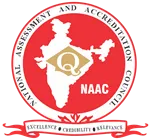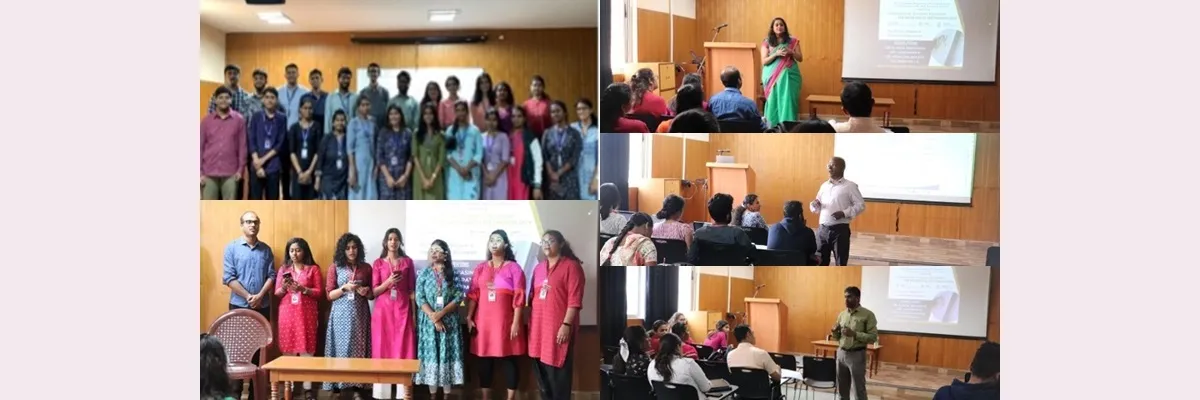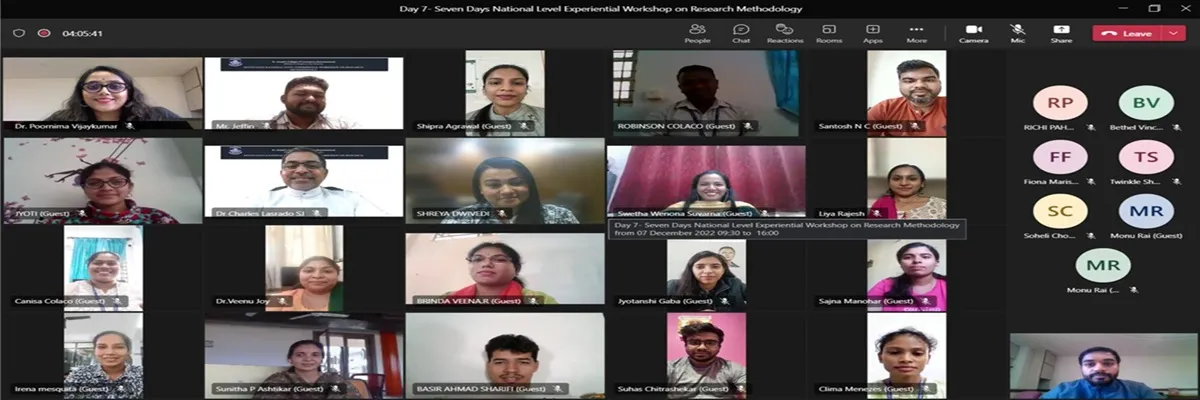- About Us
- Academics
- Examination
- IQAC
- Research
- Placements
- Student Support
- Anti - Ragging
- Citizenship Training
- Counselling
- Equal Opportunity Centre
- Mentorship
- Mid day Meal Scheme
- Scholarship
- Sexual Harassment (Prevention and Redressal)
- CQAC and SQAC
- Students Welfare
- Capability Enhancement and Development Schemes
- Assessing Learning Levels
- International Desk
- Student Grievance Redressal Committee SGRC
- St. Joseph's Boys Hostel - Apply
- Outreach
- Student Activities
- Infrastructure
- Library & Information Centre
- Computer Centre
- AV Room
- Auditorium
- Wifi Campus
- Cafeteria
- Conference Hall
- Board Room
- IT Facilities
- ICT Enabled Classrooms
- Online Content Development Facilities
- ERP Room
- Sports Facilities
- Cultural Facilities
- Differently Abled Friendly Campus
- Gender Sensitivity
- Green Campus Initiatives
- IIC@SJCC
- Sports
- Alumni Activities
- Best Practices
About Research Centre
The Research Centre of St Joseph’s College of Commerce (Autonomous) was recognized by Bangalore University in 2010. The Centre conducts various research programmes in Commerce, Management, and Social Science. Research Centre at SJCC promotes research culture by organizing diverse research-oriented initiatives every year. The activities organized by the Research Centre help inculcate research aptitude among faculties, research scholars, and students. The Centre, through its inclusive research policies, assists researchers in identifying potential research projects, feasibility of the selected proposals, their social relevance, and publication. The institution relentlessly motivates faculty members to effectively utilize the resources provided by the Research Centre, specifically to take up minor and major research projects approved by funding agencies, such as UGC, ICSSR, and the Planning Commission. It also publishes a Bi-Annual, Peer-Reviewed, Open Access Refereed Journal named SJCC Management Research Review. The Centre is also committed to extending training programmes to the teaching fraternity, research scholars, and the global academia at large.
To build thought leaders in multi-disciplinary research capable of addressing challenges faced by society, business, and government.
To create a dynamic, rewarding, and inspiring research ecosystem that nurtures knowledge creation and develops viable outcomes by fostering collaboration and empowering benchmarks in the department.
• Bestow overarching structure for the enhancement of ethical research
• Co-ordinate the PhD program of Bengaluru City University
• Offer supervision and guidance to Ph. D scholars
• Encourage government/ non-government funded projects among faculty members
• Disseminate research findings through department publication
• Organize seminars, conferences, workshops, experiential training programs through
experts
• Make available various databases, software and required infrastructure




.webp)
.webp)

.webp)
.webp)



